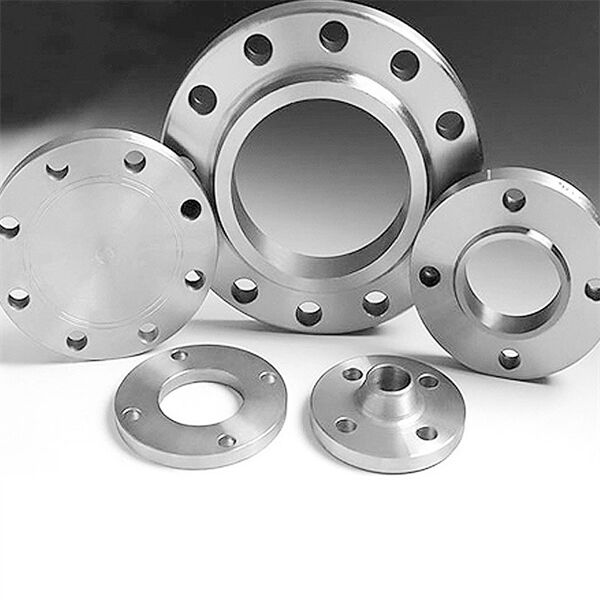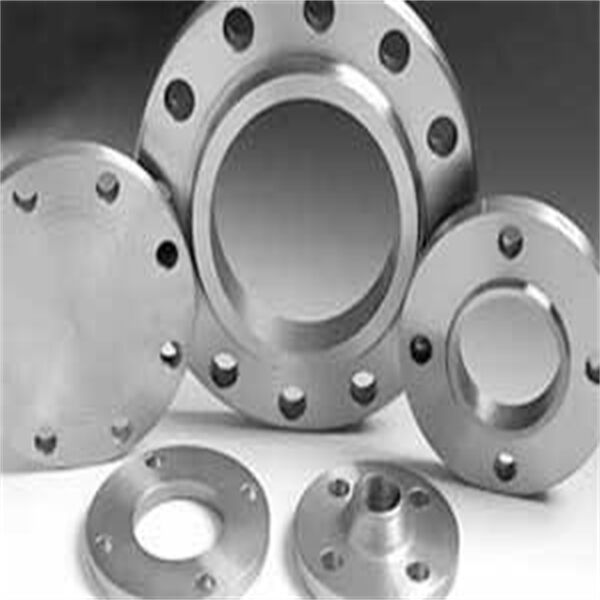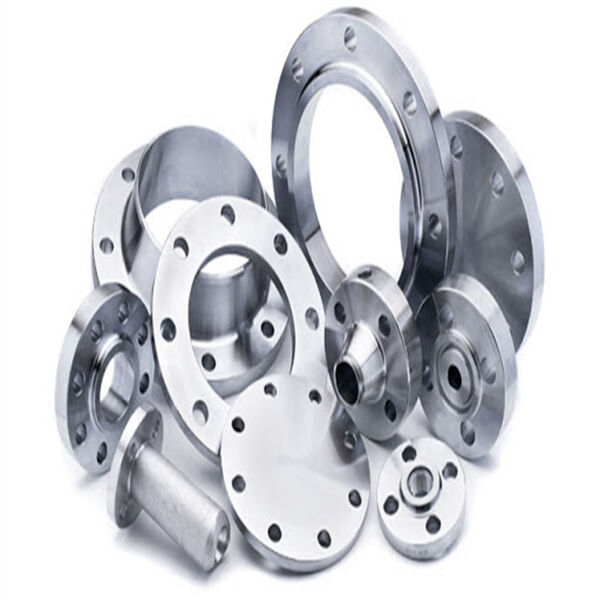If you have a need to contact us, email us at [email protected] or use the form below.
We look forward to serving you!
Nickel Alloy flanges are robust components joining various pieces. These are made from nickel alloy which is very strong and hard to break. Flanges serve as a safety mechanism for everything they secure, with applications across a range of industries.
Nickel alloy flanges have so many nice quality that makes these a broad choice in several sects. One major benefit is their strength. They are great powerhouses that can support heavy loads and function under great pressure, which also plays a part in safety.
Nickel alloy flanges do not rust easily, which is another good thing about them. Rust is what happens to metal when it ages and weakens, but nickel alloy is engineered to resist it. Nickel alloy flanges can be long-lasting, so they do not have to be replaced for a long period can be time-saving and cost-effective.
Nickel alloy flanges are very strong and do not rust, making them a good choice. They’re used in sites such as oil and gas, chemical processing factories and power plants. Nickel alloy flanges are crucial in maintaining safety and functionality in these locations.

Durable, these flanges withstand demanding environments where alternative materials could break. Because they do not rust, they can be exposed to harsh chemicals, high heat, and a lot of pressure without being damaged. That makes them a wise choice for firms where robust machinery is needed to ensure operations run uninterrupted.

There are a wide range of industries that use nickel alloy flanges for different purposes. In oil and gas, they tie together pipes and valves to avoid leaks and keep everything safe. They are used in chemical factories to transport chemicals safely without the threat of corrosion.

If you are choosing nickel alloy flanges, you should keep a few things in your mind. • Nickel alloy flanges classification based on compositions and characteristics: So the right nickel alloy flange for your job comes from knowing what you need and examining the possibilities.
company has provided high-quality fittings steel pipe and metal products to the country's construction industry engineering projects.As a company with advanced production equipment a strict quality control process, we are able to nickel alloy flangereliability and durability our products and fulfill the requirements of all aspects of construction projects.
Buying from China a daunting job for importers who are new. TOBO considers a priority to these importers, particularly in the steel industry. assist our customers in choosing the best suppliers and guaranteeing the quality of product. We also organize for nickel alloy flangeto the port. This makes entire procurement process safer.
We are a specialist the production of nickel based alloys and nickel alloy flangealloy materials, including reducers, flanges, Tees, other products. We place a lot of emphasis on importers in steel industry. Dedicated to helping customers find best product for their needs and to guarantee the quality of the product. No matter if you're involved the manufacturing, construction oil and gas sector, any other industry Our extensive product range will ensure that you get right solution to your task.
offer custom solutions to make sure that materials nickel alloy flangeof steel you get are exactly suited to your specifications. collaborate with you on specific sizes, special coatings, certifications to ensure that the steel materials that we supply meet the requirements your particular project.


Copyright © TOBO GROUP All Rights Reserved - Privacy Policy